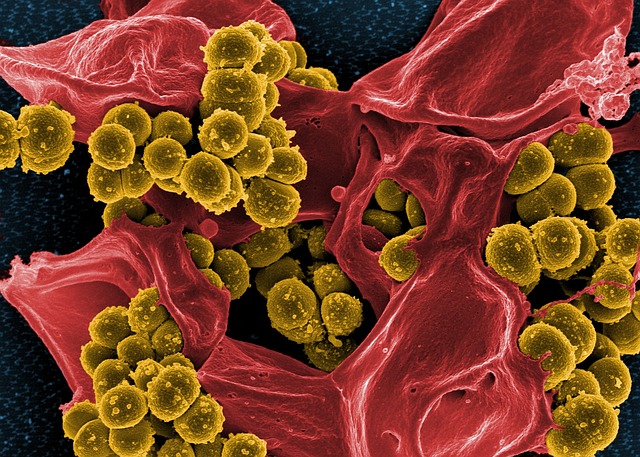
Scientists at the University of California, Los Angeles have successfully developed an artificial thymus capable of manufacturing special cancer-fighting T-cells.
The thymus is located in front of the heart and makes use of blood stem cells to make T-cells — white blood cells that naturally fight disease as part of are immune system. The thymus is most efficient when one is young and healthy. But when one becomes sick, and as one gets older, the efficiency of the thymus is reduced, which is why it becomes harder to fight off diseases. Even worse, T-cells cannot cope with fast-growing cancers so they eventually get worn out. There are even some diseases that can protect themselves against T-cells attack.
Natural T-cells produced by the thymus acquire receptors or specialized molecules that act as guides to help T-cells seek and destroy infected or cancerous cells. And while scientists already know how to add cancer-seeking receptors to T-cells (through a method referred to as adoptive T cell immunotherapy), the process isn’t just time-consuming. It’s also based on the premise that a person has enough T-cells to begin with given the process involves collecting a patient’s T-cells, reprogramming them with the appropriate receptors, then putting the same T-cells back into the patient.
If a patient doesn’t have enough T-cells (those with cancer rarely do) and will have to rely on donated stem cells, the possibility that the patient’s body will reject those cells will always be there. And it’s because the T-cells created from someone else’s stem cells will rarely be an exact match for the patient who will use them, which means the receptors they carry will target not just cancer cells, but healthy cells too.
As explained by Dr. Gay Crooks, one of the senior authors of the study: “We know that the key to creating a consistent and safe supply of cancer-fighting T cells would be to control the process in a way that deactivates all T cell receptors in the transplanted cells, except for the cancer-fighting receptors.” This is where their work comes in.
By using a new combination of ingredients, they were able to create structures called artificial thymic organoids ; basically an artificial thymus that can turn blood stem cells into T-cells. The team also discovered that by inserting blood stem cells with a gene that carries cancer-fighting receptors, the artificial thymus responds by producing more cancer-specific T-cells, while at the same time turning off all other kinds of receptors.
In other words, they were able to engineer their thymus such that it was able to produce T-cells with receptors that only sought out and attacked ‘harmful’ cells like cancerous cells and growths, but left healthy tissue alone. As an added bonus, the team said that their work can easily be replicated by other scientists.
The results suggest that we may now have the groundwork to develop better cancer treatments that will just focus on fighting cancer and not make a patient’s condition get worse by attacking his/her healthy cells too.
The findings have recently been published in the journal Nature Methods under the title “Generation of mature T cells from human hematopoietic stem and progenitor cells in artificial thymic organoids”.

Leave a Reply